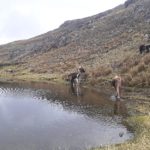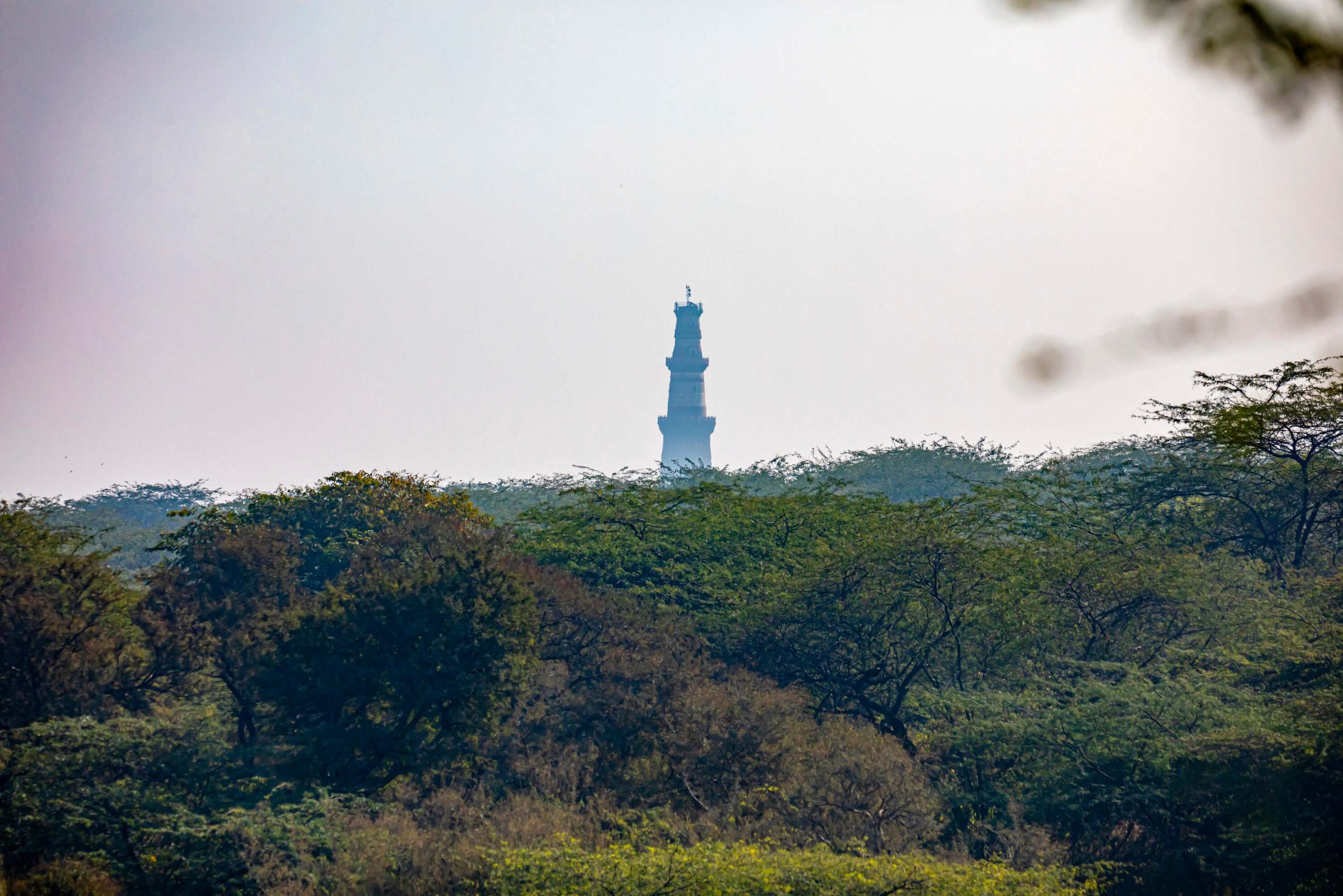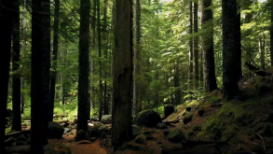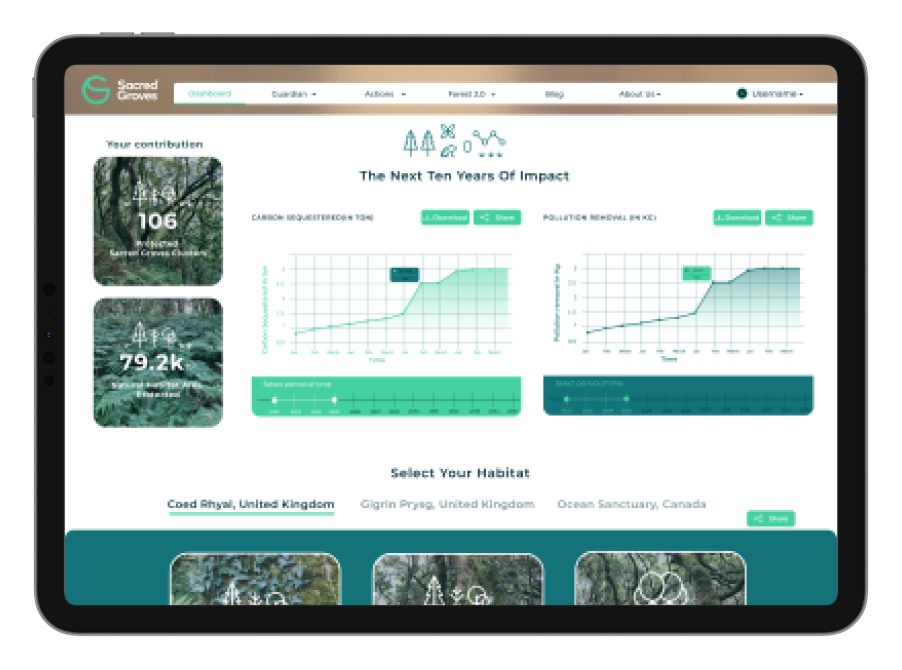Sustainable agricultural practices and banks of indigenous seeds have transformed the lives of some of the most marginalised farmers in Telangana, India. It has also given them the economic resilience to withstand the impact of the pandemic.
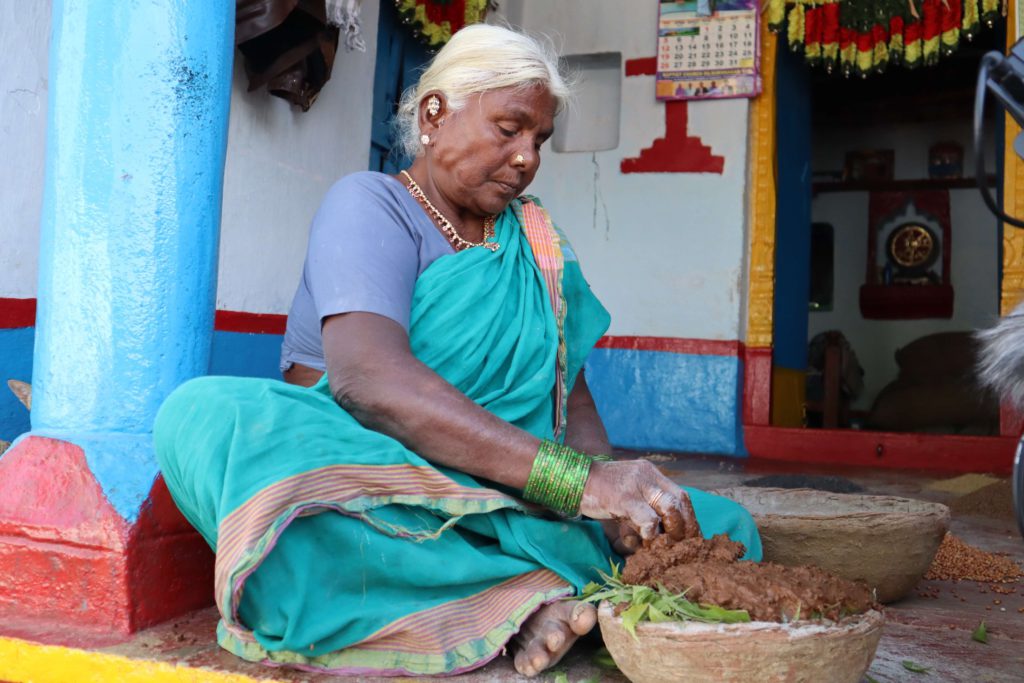
In Gangavaram village in the south Indian state of Telangana, G Anjamma alternates layers of cow-dung ash and fresh neem leaves in a basket. In each layer, she places seeds for long-term preservation. Then she seals it with cow dung and clay. “Seeds can be stored for up to three years this way,” she says. As the community seed banker of her village, her house is stacked with big barrels of these seed baskets. This is precious cargo, for all these seeds are indigenous and better suited for rain-fed farming, crucial in a region prone to droughts. Farmers, mostly Dalit, lower caste women from surrounding villages, source seeds from Anjamma. “There is no guarantee how seeds from the market will grow. The market mostly sells commercial crops, and there is little variety,” she says, showing the several regional and national awards she had won for preserving biodiversity and sustainable use of natural resources.
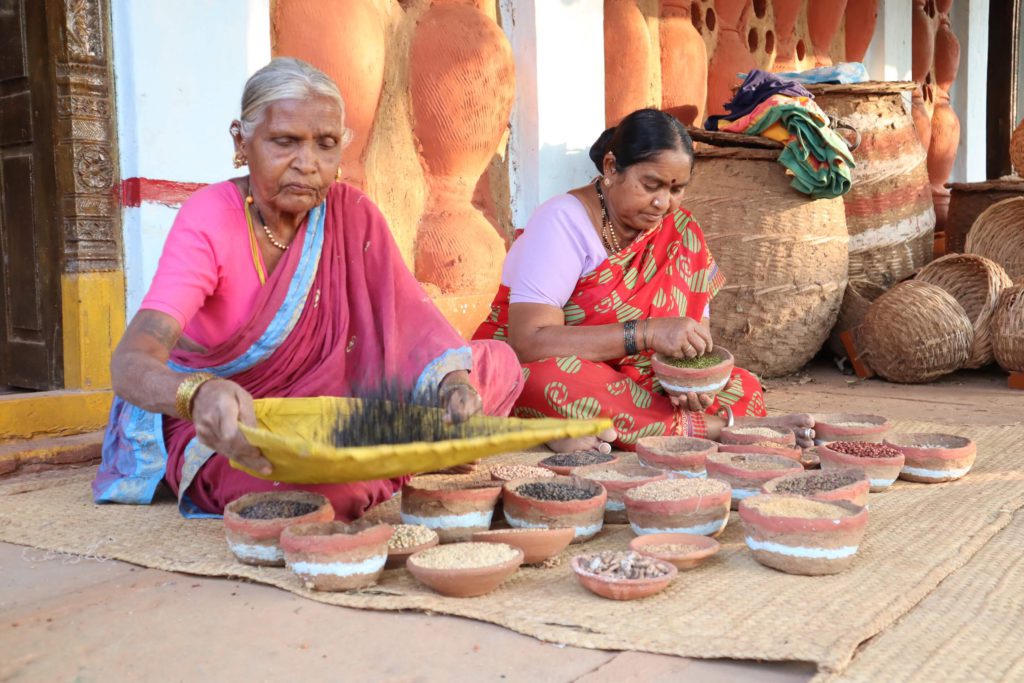
Anjamma is part of a movement led by 5,000 women initiated by the Deccan Development Society (DDS) in 1983. Women farmers gather in ‘sanghams’, groups of varying sizes, to learn sustainable farming. They grow multiple heirloom crops instead of cash crops like peanuts and cotton which need expensive inputs of irrigation, fertilizers and pesticides. “This ensures we don’t have to buy anything from the market to keep our children and ourselves healthy,” says Anjamma. “Our survival also doesn’t depend on prices set by the market,” she adds. It has also ensured that she and other Dalit woman farmers are not at the mercy of government dole-outs, volatile market prices or vagaries wrought by climate change.
Their food and seed sovereignty has also given them resilience to survive the pandemic-induced economic crisis. The sustainable agricultural practices that women like Anjamma promote, allow farmers to practice multi-cropping.
“I grow 25 varieties of food crops in one acre. Even if ten fail, I still have enough to feed my family and sell the excess in the market,” says Mogullama, another Dalit farmer from the region.
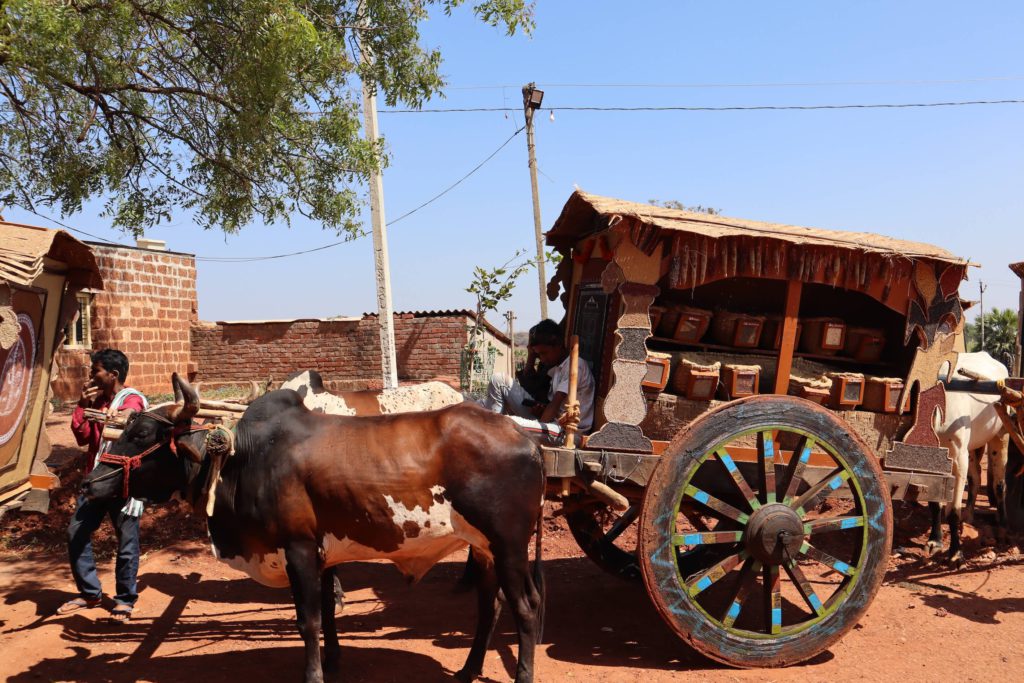
The movement has now spread across 75 villages. Office bearers of DDS estimate that at least 5,000 acres in the district are free of chemical inputs. Every January since 2002, the society organizes a month-long biodiversity festival in which a parade of bullock carts showcases the variety of heirloom millets grown in the area.
The DDS model has been replicated in Senegal, Burkina Faso, Togo and elsewhere in Western Africa. “We started collaborating with women farmers in Africa as their geology and climate conditions are similar to those found in our region,” says CN Suresh from the society. DDS is also part of the All India Millet Sisters Network, launched in 2016, which promotes the use of millets amongst women farmers. In 2019, DDS won the Equator Prize for its holistic approach to climate change, food security, and empowering marginalised women and in 2020, the Society won the Prince Albert II of Monaco Foundation Award: “in recognition of the work of DDS women to rehabilitate degraded lands and promote biodiversity.”
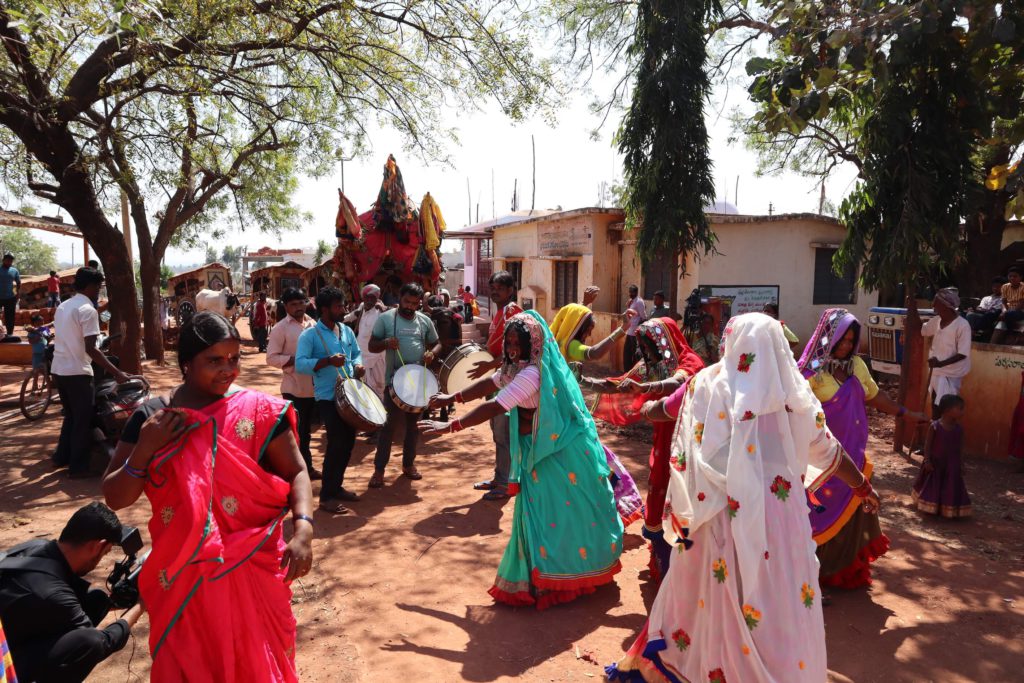
Meanwhile, DDS’ annual festival this year has seen enthusiastic participation. “Even from men!” exclaims I Mollumma, a Dalit woman farmer and the official videographer for the festival. “Perhaps the pandemic has reminded them of the importance of preserving our indigenous biodiversity in farming…”
Author: Karthikeyan Hemalatha, The India Story Agency for Sacred Groves
Images Credit: Karthikeyan Hemalatha
Did you enjoy this article?
Share with friends to inspire positive action.

